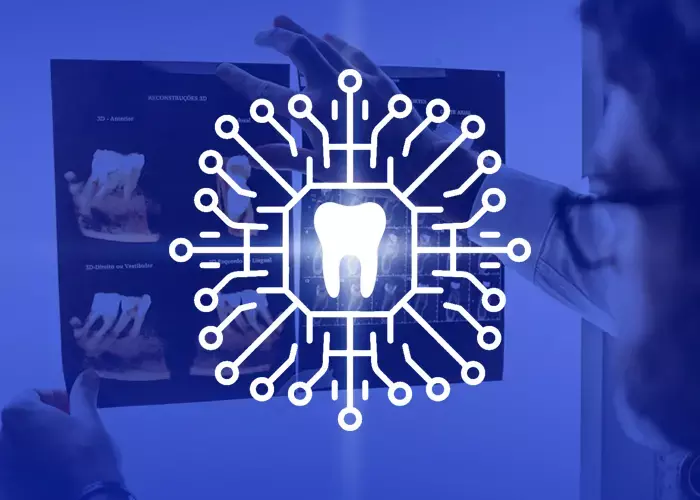- Home
- Medical news & Guidelines
- Anesthesiology
- Cardiology and CTVS
- Critical Care
- Dentistry
- Dermatology
- Diabetes and Endocrinology
- ENT
- Gastroenterology
- Medicine
- Nephrology
- Neurology
- Obstretics-Gynaecology
- Oncology
- Ophthalmology
- Orthopaedics
- Pediatrics-Neonatology
- Psychiatry
- Pulmonology
- Radiology
- Surgery
- Urology
- Laboratory Medicine
- Diet
- Nursing
- Paramedical
- Physiotherapy
- Health news
- Fact Check
- Bone Health Fact Check
- Brain Health Fact Check
- Cancer Related Fact Check
- Child Care Fact Check
- Dental and oral health fact check
- Diabetes and metabolic health fact check
- Diet and Nutrition Fact Check
- Eye and ENT Care Fact Check
- Fitness fact check
- Gut health fact check
- Heart health fact check
- Kidney health fact check
- Medical education fact check
- Men's health fact check
- Respiratory fact check
- Skin and hair care fact check
- Vaccine and Immunization fact check
- Women's health fact check
- AYUSH
- State News
- Andaman and Nicobar Islands
- Andhra Pradesh
- Arunachal Pradesh
- Assam
- Bihar
- Chandigarh
- Chattisgarh
- Dadra and Nagar Haveli
- Daman and Diu
- Delhi
- Goa
- Gujarat
- Haryana
- Himachal Pradesh
- Jammu & Kashmir
- Jharkhand
- Karnataka
- Kerala
- Ladakh
- Lakshadweep
- Madhya Pradesh
- Maharashtra
- Manipur
- Meghalaya
- Mizoram
- Nagaland
- Odisha
- Puducherry
- Punjab
- Rajasthan
- Sikkim
- Tamil Nadu
- Telangana
- Tripura
- Uttar Pradesh
- Uttrakhand
- West Bengal
- Medical Education
- Industry
AI monitoring at home improves treatment outcomes for patients with periodontitis

Using Artificial Intelligence monitoring at home had a positive effect on treatment outcomes for patients with periodontitis according to a recent study published in the Journal of Clinical Periodontology.
A study was conducted to evaluate the effects of an at-home AI-assisted dental monitoring application on treatment outcomes in patients with periodontitis.
Participants with periodontitis were recruited and randomly assigned to an AI (AI; n = 16), AI and human counselling (AIHC; n = 17), or control (CG; n = 20) group. All participants received nonsurgical periodontal treatment. They employed an AI-assisted tool called DENTAL MONITORING® (DM) intervention, a new technological AI monitoring product that utilizes smartphone cameras for intraoral scanning and assessment. Patients in the AI and AIHC groups respectively received additional (a) DM or (b) DM with real-person counselling over three months. Periodontal parameters were collected at baseline and follow-ups. A mixed-design model analyzed the follow-up effects over time.
The results of the study are:
- The AI and AIHC groups respectively exhibited greater improvement in probing pocket depth, clinical attachment level and plaque index at 3-month follow-up than the CG did.
- The AIHC group had a greater reduction in probing pocket depth (ES = 0.46) and clinical attachment level (ES = 0.64) at the 3-month follow-up compared with the AI group.
Thus, using AI monitoring at home had a positive effect on treatment outcomes for patients with periodontitis. Patients with AI-assisted health counselling exhibited better treatment outcomes than did patients who used AI monitoring alone.
Reference:
Effects of Artificial Intelligence (AI)-Assisted Dental Monitoring Intervention in Patients with Periodontitis: A Randomized Controlled Trial by Kang-Ling Shen et al. published in the Journal of Clinical Periodontology
https://doi.org/10.1111/jcpe.13675
Keywords:
Journal of Clinical Periodontology, Effects, Artificial Intelligence, Assisted, Dental, Monitoring, Kang-Ling Shen,Chiung-Lin Huang,Ying-Chun Lin, Je-Kang Du DDS,Fu-Li Chen, Yuji Kabasawa, Chih-Chang Chen, Hsiao-Ling Huang, Periodontitis
Dr. Shravani Dali has completed her BDS from Pravara institute of medical sciences, loni. Following which she extensively worked in the healthcare sector for 2+ years. She has been actively involved in writing blogs in field of health and wellness. Currently she is pursuing her Masters of public health-health administration from Tata institute of social sciences. She can be contacted at editorial@medicaldialogues.in.
Dr Kamal Kant Kohli-MBBS, DTCD- a chest specialist with more than 30 years of practice and a flair for writing clinical articles, Dr Kamal Kant Kohli joined Medical Dialogues as a Chief Editor of Medical News. Besides writing articles, as an editor, he proofreads and verifies all the medical content published on Medical Dialogues including those coming from journals, studies,medical conferences,guidelines etc. Email: drkohli@medicaldialogues.in. Contact no. 011-43720751


